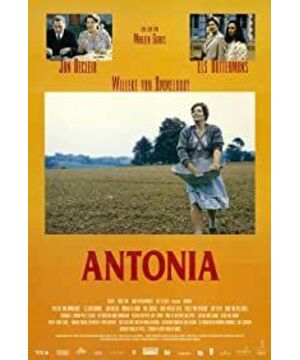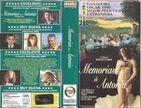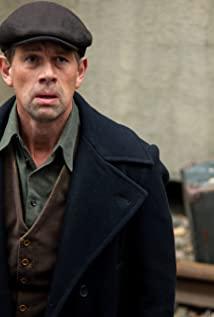story unfolded in a somewhat wonderful atmosphere. Antonia mother and daughter stayed in the village, lived in this pink house, and started their own lives.
They are very eye-catching because they seem to be different from other women in the village. Antonia raises her head high when she walks and greets every man and woman with a smile. Denia is quiet, but her eyes can Seeing the injustice, seeing the girl crying under the bullying of the evil youth. They support the weak in their own way, and solve the difficulties and challenges in life in their own way and wisdom.
This is a true women’s film. It is not a radical promotion of feminism, but it talks about women’s kindness and confidence, self-reliance and self-reliance, tenacity and wisdom. They do not rely on men, and they are not a group of complaints about disappointment with men. Women, but because they choose to be independent, choose themselves, and enjoy themselves. At the same time, he conquered men with his absolute brilliance. While winning the love and respect of men, he still retains equality and peace of mind.
The male characters in the film are also very distinctive. The old gentleman who admired Antonia proposed to her, Antonia said, I don't need a man, but if you occasionally help us do something we can't do, I will be very grateful to you. The old gentleman said, I think about it, and then I often see him taking a group of boys, carrying a picnic basket, to Antonia’s yard, sitting on a long table lively, slowly, their friends There are more and more people. A Puritan man lived upstairs with a woman who imagined that she was a werewolf. On the night of the full moon, the woman always howled at the moon all night, and the man was miserable. Every time he hit the ceiling with a wooden stick, except for himself. There was no avail outside the wall. One day, the woman died. The man was in distress, holding the woman's body and howling at the moon, then followed the woman to death. Their shared tomb reads: "They did not live in the same bed, but they shared the same cave after death."
Interesting story, interesting movie. There are many smooth and ingenious details, sometimes can not help but laugh, most of the time, very charming.
The women of Antonia’s family are always happy. They enjoy life, the joy of motherhood, sex, and the company of good men, but they don’t need to surrender all of their selves. This film is actually also conveying feminism, but it promotes a gentle and inclusive feminist point of view. It does not blindly despise men, does not trample men underfoot, does not become a man, but uses women’s various advantages. Incisively and vividly, it is true to overcome rigidity with softness, which is actually very oriental.
View more about Antonia's Line reviews










